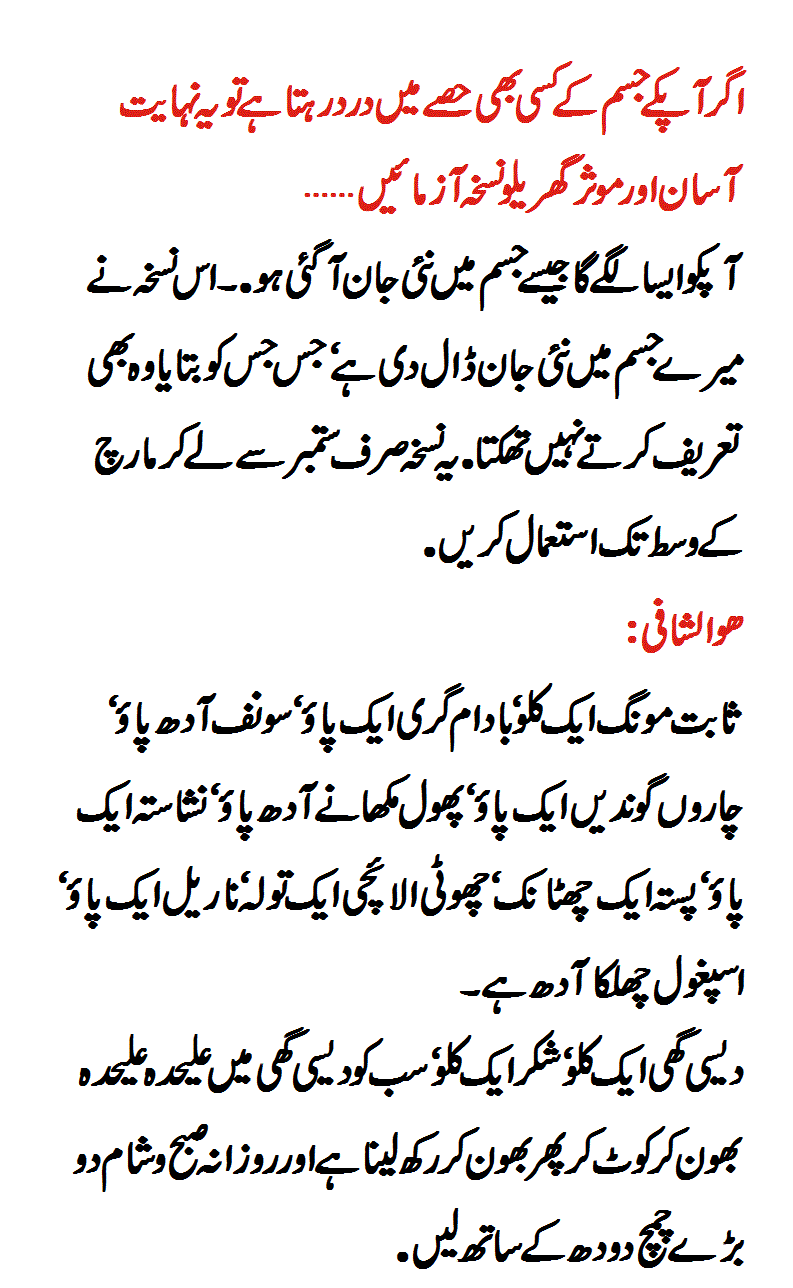Weakness and fatigue are terms that are often used as if they mean the same thing. But in fact they describe two different sensations. It is important to know exactly what you mean when you say “I feel weak” or “I am fatigued” because it can help you and your doctor narrow down the possible causes of your symptoms.
- Weakness is a lack of physical or muscle strength and the feeling that extra effort is required to move your arms, legs, or other muscles. If muscle weakness is the result of pain, the person may be able to make muscles work, but it will hurt.
- Fatigue is a feeling of tiredness or exhaustion or a need to rest because of lack of energy or strength. Fatigue may result from overwork, poor sleep, worry, boredom, or lack of exercise. It is a symptom that may be caused by illness, medicine, or medical treatment such as chemotherapy. Anxiety or depression can also cause fatigue.
Both weakness and fatigue are symptoms, not diseases. Because these symptoms can be caused by many other health problems, the importance of weakness and fatigue can be determined only when other symptoms are evaluated.
Weakness
General weakness often occurs after you have done too much activity at one time, such as by taking an extra-long hike. You may feel weak and tired, or your muscles may be sore. These sensations usually go away within a few days.
